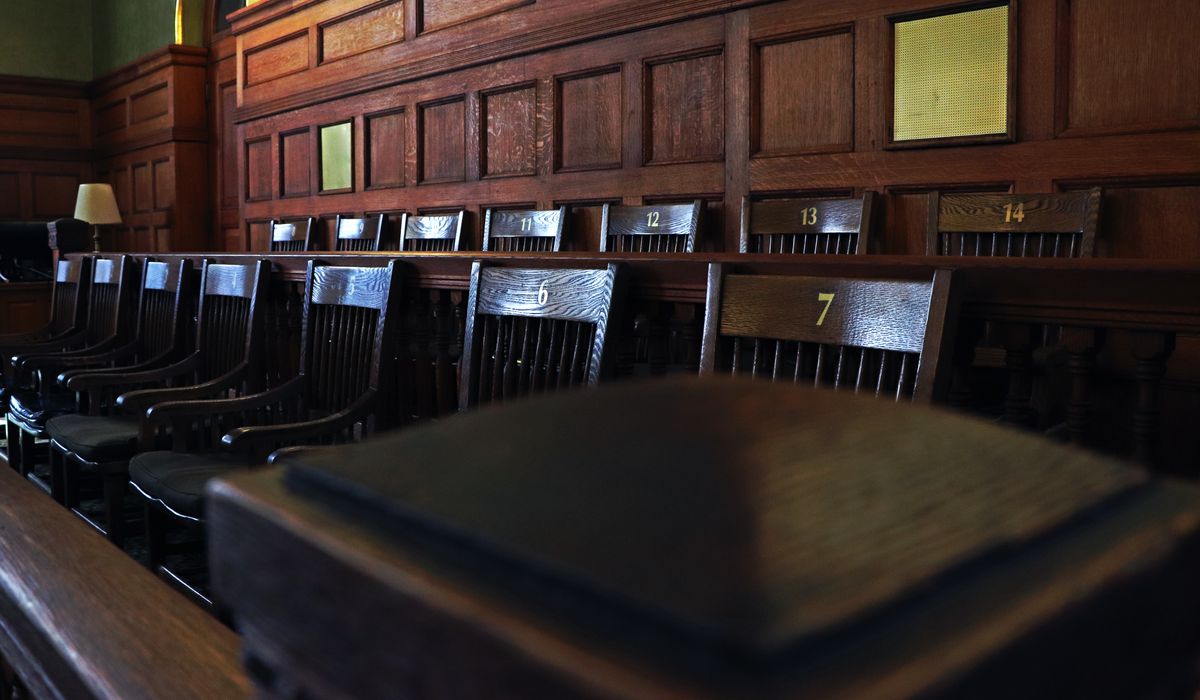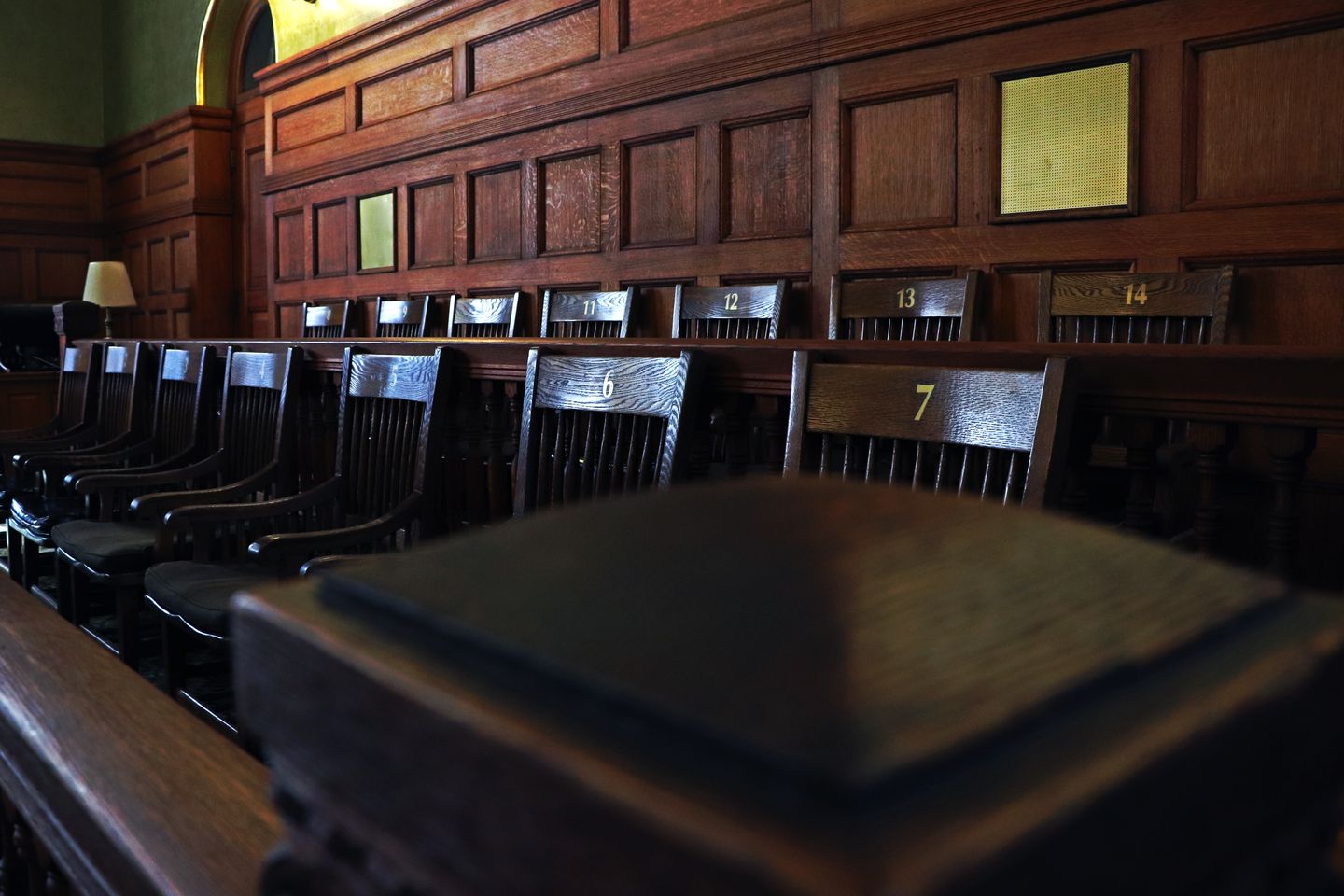Federal court overturns state of Maryland’s blanket ban on recording the proceedings of state courts


The U.S. District Court for the District of Maryland ruled Friday that the state of Maryland’s blanket ban on recording court proceedings was unconstitutional.
The case was filed against the judges of the Baltimore County and Prince George’s County administrative circuit courts, who then stood in for the state of Maryland.
“The State of Maryland remains free to prohibit live broadcasting from the courtroom, and to regulate the release of shielded records and video recordings under the Maryland Rules. However, the State may not sanction the press for broadcasting ‘lawfully obtained, truthful information’ that the State itself has disclosed to the public,” the district court memorandum opinion reads.
An accompanying order specifies which actions the press or others are allowed to take with recordings of criminal proceedings held in open court. Actions allowed after the lifting of the blanket ban include:
- posting such recordings online.
- including such recordings in any films.
- playing such recordings at public events.
- sharing such recordings over social media.
- including such recordings on podcasts.
The state’s compelling interest in having a broadcast ban was to protect witnesses in criminal proceedings. The district court did not find that line of argumentation persuasive.
“Although the State’s interests are compelling, the Broadcast Ban is not narrowly tailored to achieve them. It does precious little to protect witnesses against intimidation, harassment, and violence, as it does not prevent the widespread publication of their names, their images, and the verbatim content of their testimony,” the memorandum reads.
Transparency advocates were pleased with the overturning of the blanket ban on broadcasting court proceedings.
“This decision is a victory for community members seeking to shine a light on what happens in state criminal courts. Maryland’s blanket ban on publication of recorded court proceedings was a clear violation of the First Amendment,” Seth Wayne, senior counsel at the Institute for Constitutional Advocacy and Protection, told WJZ-TV, a Baltimore CBS affiliate.
[ad_2]
Share this news on your Fb,Twitter and Whatsapp
Times News Network:Latest News Headlines
Times News Network||Health||New York||USA News||Technology||World News